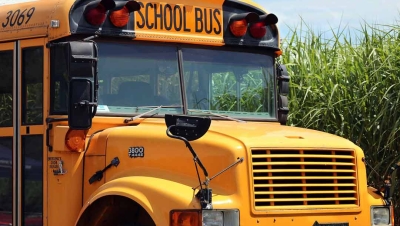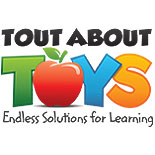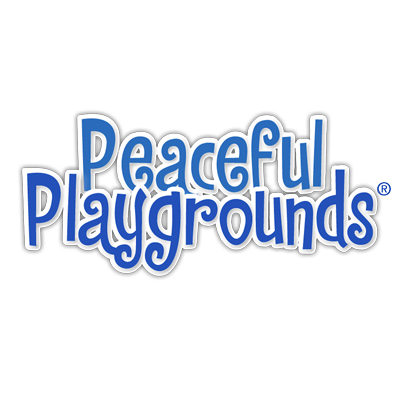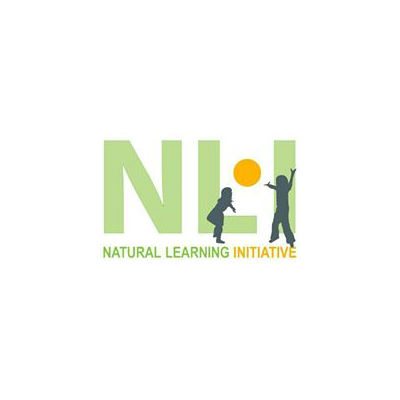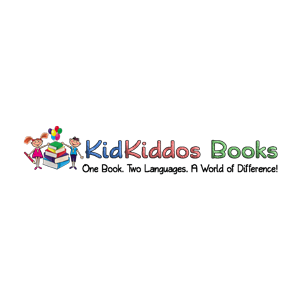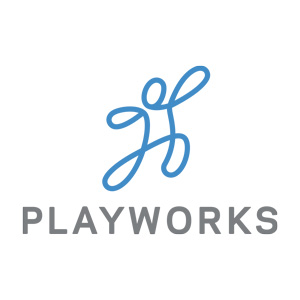5 Reasons Why You Should Teach Your Child to Read Earl
Without any doubt, reading is one of the essential skills in anyone's life. It is also one that we all acquire in relatively early childhood.
How soon is a kid supposed to master this skill? Most children nail it somewhere at the age of 6 to 7 years. At the same time, there are some kids who manage to do it earlier, between 3 to 5 years.
Acquiring this skill earlier is assumed to give a child a sort of a head start for school. However, there is generally no one-fits-all idea of when is the perfect time to learn reading.
Besides, today, many people believe that everyone should learn at one's own pace. It is believed that forcing early development can have a negative impact in the long-run.
If we are saying that everyone should be able to learn and develop comfortably, then forcing a kid to develop some skills earlier may seem unnecessary. So, are there any grounded reasons why you should start teaching your child to read early? The expert team of essaypro.com investigates the matter!
Benefits of Early Reading
Although the question of how young is too young to teach reading still remains unanswered, there are quite a few proven benefits. Here are some of the biggest advantages parents should keep in mind.
Early Development
It is not a secret that people learn much faster in the first six years of their lives. Initially, a baby has around 200 billion active brain cells or neurons.
With the right stimulation, each of these cells can generate up to 20,000 different connections and branches to store information. This is how the brain develops and forms the basis for future intellectual abilities.
It is proven that reading helps young brains develop faster. Thus, the earlier you engage a kid in it, the better a child's abilities can develop.
It Gives an Academic Head Start
Almost half of the children in the US are not prepared for school when they enter kindergarten. Meanwhile, those who learned basic literacy by this time are reported to have a significant academic advantage over their peers.
Thus, reading can ensure a child’s early academic success, impart a love of learning, and result in better academic performance.
It Improves Concentration
Do you know that over 6 million US children are diagnosed with Attention Deficit Hyperactivity Disorder? ADHD often gets in the way of kids' future success. This disorder makes them unfocused and not able to concentrate on something for a long time. Luckily, early reading can prevent this!
Teaching your child the skill of reading early helps in managing attention spans and ensures better concentration.
It Boosts Other Skills
Acquiring this skill helps one boost creativity and imagination. Simultaneously, other language skills such as writing, spelling, more articulate oral communication, richer vocabulary are developing.
It Grows Self-Confidence
Though young, children already have a certain level of social awareness. At schools and kindergartens, they can unconsciously recognize that some peers are better at certain things. In many cases, this can have a negative impact on children's self-esteem.
This brings us to one more benefit of early development. Usually, it increases social status, thus boosting self-confidence among kids.
The Bottom Line: Tips to Help Your Child Learn to Read Faster
Now, as you know about the benefits of teaching your kid to read early, let’s look at a few practical tips that will definitely help you get started:
- Read books out loud. This is probably the best teaching technique parents have been using for ages. Reading a good book of fairytales or any other genre appropriate for kids aloud is not only a fun and exciting activity. This is also an excellent way to help your kid acquire the skill;
- Run your finger under the words. This will help a child to follow you as you read and relate printed characters to what you are pronouncing;
- Imitate different sounds. If a story has animal characters, be sure to reproduce the sounds. Also, try different funny voices. This technique will help to make the activity much more engaging and exciting for any kid;
- Pay attention to pictures. Always take your time to focus on images in a book and discuss them with children;
- Answer questions. If your kid asks any questions regarding the story, take some time to answer them.
These handy tips can make it easier and faster for a child to master a new skill. Meanwhile, teaching it will keep them engaged in the process and interested.





